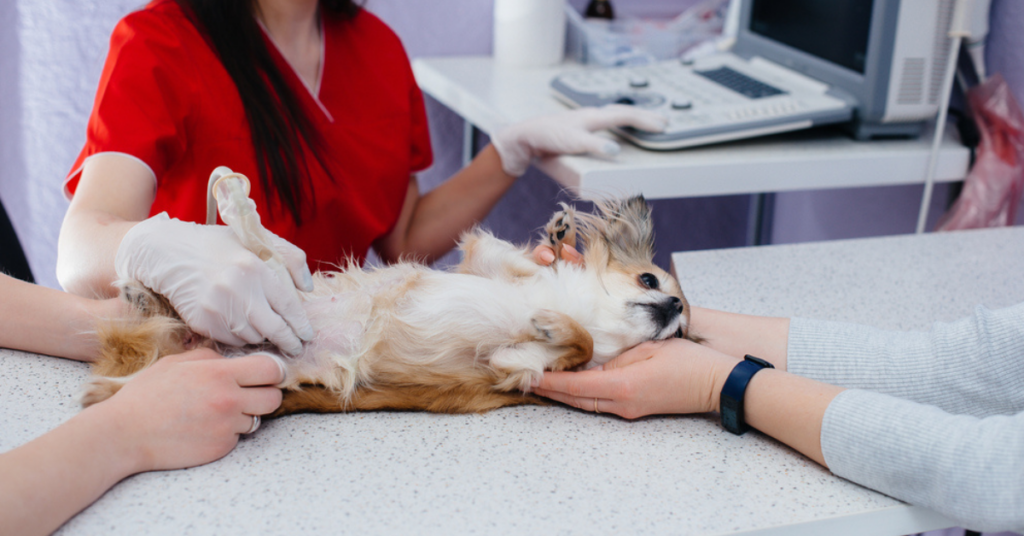do you need pet insurance?
If at all possible everyone should have pet health insurance. Let’s face it, vet costs are increasing just like everything else. An accident or unforeseen serious illness can happen at any time to any pet parent. Are you prepared?
I used to work at a veterinarian hospital. It was heartbreaking when pet parents would come in with their beloved dog (or pet) with a serious issue. They were already distraught, and then they were handed a bill. Many times, they were caught unprepared for a catastrophe and didn’t have the money to pay.
are you prepared for the unthinkable?
I’m grateful that our hospital and most other veterinary hospitals and clinics accept most pet insurance and offer alternative payment methods, such as Care Credit or Scratchpay. Care Credit is a credit card that you pay every month and they charge interest. The amount of interest charged depends on your credit standing. Scratchpay is a loan rather than a credit card. They don’t charge interest if paid off within a certain period of time.

But there are still many who don’t have insurance and who don’t qualify for alternative payments. My heart breaks for them! I wouldn’t wish that situation on my worst enemy and certainly not on a poor innocent animal!
As devastating as these situations are, the peace of mind knowing that at least you don’t have to worry about the vet bill is priceless! Among the rise in the cost of everything these days, pet insurance is one thing, however, that has become more affordable than it has been in the past.
When choosing a pet insurance provider, consider factors such as coverage options, cost, deductibles, reimbursement rates, exclusions, waiting periods, and the ease of the claims process. Evaluating these aspects will help you select a plan that best suits your pet’s health needs and your financial situation.
1. coverage options:
- Accident-Only vs. Comprehensive: Some policies cover only accidents, while others include illnesses, hereditary conditions, and routine care.
- Pre-Existing Conditions: Most plans do not cover pre-existing conditions, but some may cover curable ones after a waiting period.
- Chronic & Hereditary Conditions: Look for coverage for breed-specific issues, hip dysplasia, or long-term illnesses.
- Wellness & Preventive Care: Some insurers offer optional add-ons for vaccinations, dental cleanings, and checkups.
2. cost & premiums:
- Compare monthly premiums, but also check how they change as your pet ages.
- Some insurers raise premiums significantly over time, so check policy reviews.
3. Deductibles & Reimbursement Rates:
- Deductibles: Choose between annual or per-incident deductibles. Higher deductibles mean lower premiums but higher out-of-pocket costs.
- Reimbursement: Policies usually reimburse 70%-90% of vet bills—check the percentage you prefer.
4. Exclusions & Limitations:
- Read the fine print to see what’s excluded (e.g., specific illnesses, alternative therapies, or experimental treatments).
- Some policies have annual, lifetime, or per-condition payout limits—choose one that fits your pet’s potential needs.
5. waiting periods:
- Most plans have waiting periods before coverage begins, usually a few days for accidents and weeks for illnesses.
- Certain conditions like hip dysplasia may have longer waiting periods.

6. Veterinarian Choice & Claims Process
- Ensure the insurance allows you to visit any licensed vet.
- Check how easy it is to file claims—some providers offer direct vet payments, while others require you to pay upfront and get reimbursed.
7. Customer Reviews & Reputation
- Look at real customer experiences for claim approvals, hidden fees, and customer service quality.
- Some companies are known for denying claims or slow reimbursements—research before committing.
conclusion
When selecting pet insurance available across the United States, it’s essential to consider various factors such as coverage options, cost, customer satisfaction, and unique features. Here are some top pet insurance providers to consider:
Lemonade:
Lemonade offers comprehensive coverage with competitive pricing and a user-friendly digital experience. They provide accident and illness plans, with optional wellness add-ons for routine care. Lemonade is known for its quick claims process and charitable initiatives. Bankrate
ASPCA Pet Health Insurance:
ASPCA provides customizable plans covering accidents, illnesses, and preventive care. They offer coverage for horses in addition to cats and dogs, making them unique among providers. ASPCA is recognized for its compassionate coverage and exceptional service. Bankrate
Embrace:
Embrace offers comprehensive accident and illness coverage with flexible wellness plans. They provide diminishing deductibles, reducing your deductible by $50 each year you don’t receive a claim reimbursement. Embrace is also noted for its coverage of alternative therapies and exam fees. MarketWatch
Figo:
Figo provides robust coverage with three plan options and 100% reimbursement choices. They offer a cloud-based app for managing your pet’s health records and have short waiting periods for injuries. Figo is recognized for its affordability and comprehensive coverage options. Forbes
Trupanion
Trupanion offers comprehensive coverage with unlimited payouts and a unique direct payment option to veterinarians, reducing out-of-pocket expenses. They cover hereditary and congenital conditions, illnesses, and injuries.
When choosing a pet insurance provider, consider your pet’s specific needs, your budget, and the provider’s reputation for customer service and claims processing. Reviewing the details of each plan and reading customer reviews can help you make an informed decision that best suits your pet’s health care needs.
